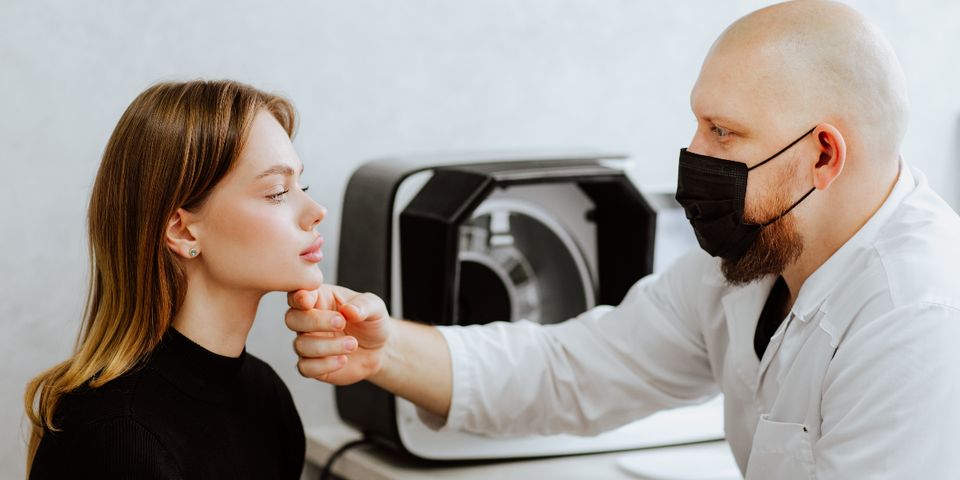
Seborrheic dermatitis is a skin condition that primarily affects the scalp and face. Dandruff is a common form, although it can also affect other areas, including the ears and the eyebrows. If you’re concerned that you may suffer from this chronic condition that affects an estimated three to 10 out of 100 people, you may need to seek the help of a dermatologist. Here’s what you should know.
FAQ About Seborrheic Dermatitis
What is seborrheic dermatitis?
It’s a non-contagious condition that can cause flakes similar to dandruff, along with red, scaly patches on the scalp and the face. It commonly develops along the hairline, the sides of the face, and the corners of the nose. Some people may experience symptoms elsewhere on the body as well, such as the chest and within skin folds at the genitals and underneath the breasts. It can appear in the armpits, too.
What causes seborrheic dermatitis?

While the exact cause isn’t known, research suggests it could be due to an overgrowth of Malassezia, a form of yeast. Everyone has this, but some people simply have it in abundance. In other instances, seborrheic dermatitis may be inherited if it runs in the family. There are other triggers that could aggravate symptoms, too, like cold weather, stress, and the presence of other similar skin conditions, such as psoriasis.
How does it differ from psoriasis?
They’re often used interchangeably, but psoriasis and seborrheic dermatitis do differ. Scales associated with psoriatic lesions are typically thicker and usually drier, too. Additionally, psoriasis tends to affect more than just the scalp and face. Psoriatic plaques can appear anywhere on the body, from the arms and legs to the belly button and fingernails. Psoriasis usually causes the skin to itch far more, too.
How is seborrheic dermatitis treated?
After diagnosis, your dermatologist may prescribe a special type of shampoo if the condition affects your scalp. Sometimes, a topical corticosteroid medication may be necessary if your scalp doesn’t respond to a medicated shampoo. There are also medications available to soften the scales on the face, including corticosteroids that are typically used for a short period. People who prefer over-the-counter treatment alternatives might consider the use of coal tar, a widely regarded solution to soften the skin, reduce scales, and diminish itchiness.
If you’re concerned that you may have seborrheic dermatitis, turn to the team at Craig Austin Dermatology in Fishkill, NY. Proudly serving patients throughout Dutchess County, Dr. Austin and his team offer a range of treatments to help your skin look and feel its best. Rely on the professionals for everything from skin cancer screenings to facials and chemical peels. Visit the website for more information, or call (845) 896-6669 to schedule an appointment.
About the Business
Have a question? Ask the experts!
Send your question

